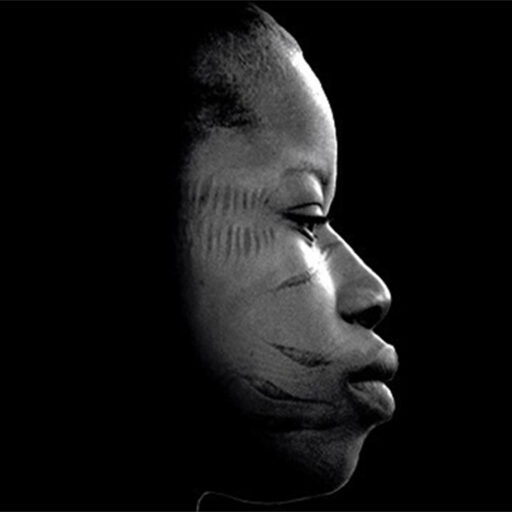Rio 2016: Simone Manuel calls out police brutality after historic Olympic swimming victory
By Vox
Simone Manuel defied America’s racist swimming history in 52:70 seconds Thursday night when she became the first African-American woman to win any individual medal in swimming, let alone the gold.
Manuel tied for first place, setting an Olympic record with Canadian swimmer Penny Oleksiak. But Manuel also recognized that her historic victory is inextricably tied to the fight for justice against police violence in the country she represents.
“It means a lot, especially with what is going on in the world today, some of the issues of police brutality,” Manuel said to reporters after her gold medal performance. “This win hopefully brings hope and change to some of the issues that are going on. My color comes with the territory.”
Indeed, for many people of color, the Olympics are an opportunity to show they’re the best America has to offer while recognizing racial injustice. And Manuel’s statement on police brutality carries on this sordid legacy.
Manuel brings the movement for black lives to the Olympics
Manuel’s statement is especially poignant considering that just days before her historic win, the Department of Justice released a scathing report on the Baltimore Police Department, detailing numerous racial abuses endemic to the department that aremirrored in police departments around the country.
But that’s due in large part to the fact that the Olympics in Rio de Janeiro coincide with the movement for black lives that has brought police violence exacted against black and brown people to the forefront of national and international conversation.
Over the past two years, with the deaths of Michael Brown, Freddie Gray, Sandra Bland, Alton Sterling, and Korryn Gaines, and DOJ investigations into the Ferguson and Baltimore police departments, renewed attention has been placed on racism in the criminal justice system and among law enforcement.
As Vox’s German Lopez has pointed out, a simple traffic violation, coupled with systemic racial biases that disproportionately impact poor black and brown people, can create situations in which low-level offenses can spiral out of control into unpaid legal fees people can’t afford, or, even worse, an escalated police interaction that could cost them their lives.
And yet, as the DOJ report showed, the lack of accountability only exacerbates these issues.
As it stands, police are rarely indicted for killing civilians, even as more video evidence of those killings becomes available. Rather, as Vox’s Dara Lind has pointed out, the legal standards for lethal use of force “often boils down to what the officer believed when the force was used (something that is notoriously difficult to standardize), regardless of how much of a threat actually existed.”
So even though the movement for black lives recently revealed a comprehensive police platform to address racial injustices beyond police brutality, Manuel reminds America and the rest of the world that police violence remains a critical issue.
Many black athletes have used the Olympics to call out American racism
But for many black Olympic athletes before Manuel, the Olympic Games have been a source of both pride and deep-seated conflict as the country they call home claims their victories while maintaining racial injustice against their community.
At the 1936 games in Berlin, Jesse Owens helped America put Adolf Hitler to shame by winning four gold medals for track and field — and still had to enter through the back door of a reception in his honor when he returned home. As the story goes, Muhammad Ali threw his 1960 gold medal in the Ohio River when he was refused service at a diner in his hometown of Louisville, Kentucky, shortly after winning for light heavyweight boxing in the Summer Olympics in Rome.
Eight years later, John Carlos and Tommie Smith raised their fists in a Black Power salute on the podium after winning for track and field at the games in Mexico City. Doing so resulted in their gold and bronze medals being revoked.
“As soon as we raised our hands, it’s like somebody hit a switch,” Carlos told Vox. “The mood in the stadium went straight to venom. Within days, Tommie and I were suspended from the US Olympic team and had to leave Mexico City early.”
National pride can appear fickle during the Olympics — especially when black athletes, representing the best America has to offer, remind the world (and America) of the ways their country has failed them.
Nonetheless, Manuel looks forward to the day when America takes pride in her accomplishments without having to think of her solely based on her racial identity.
“It is something I’ve definitely struggled with a lot,” she said. “Coming into the race I tried to take weight of the black community off my shoulders. It’s something I carry with me. I want to be an inspiration, but I would like there to be a day when it is not ‘Simone the black swimmer.’”




